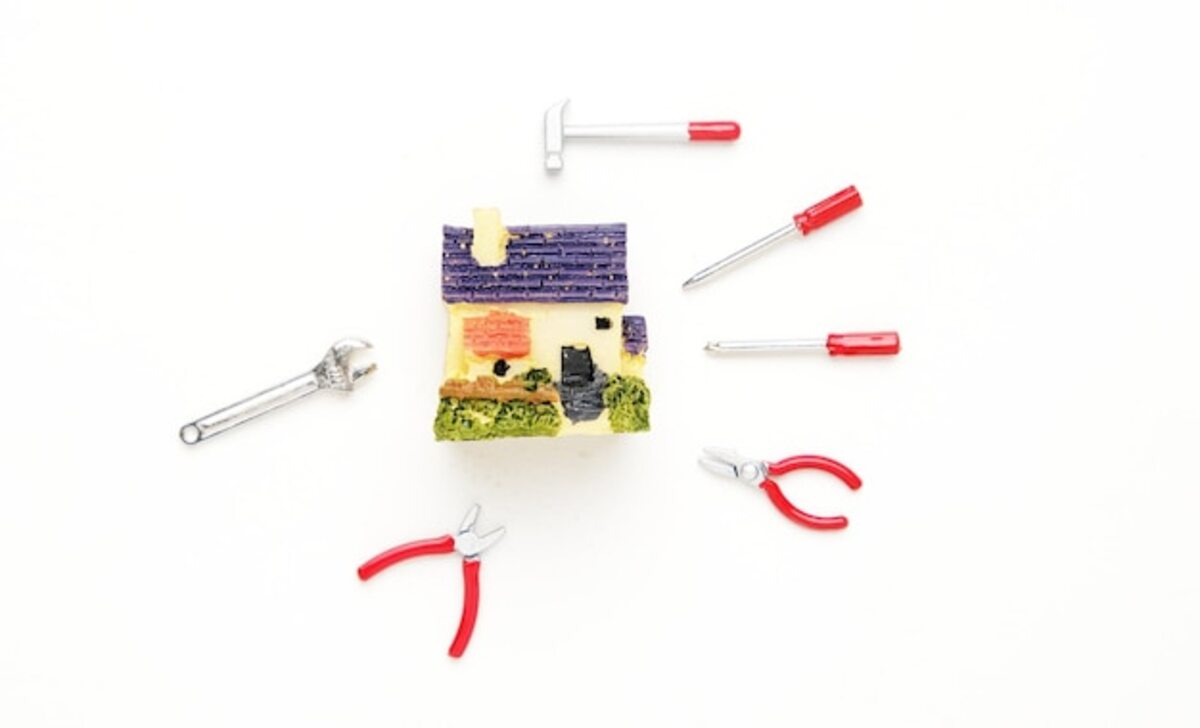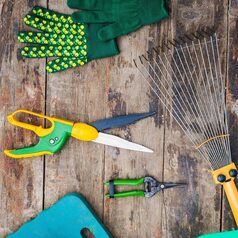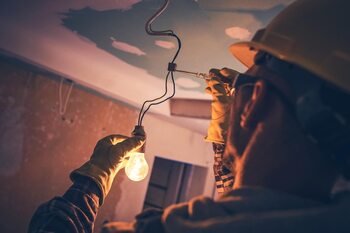Preventive maintenance to keep your home efficient

Preventive maintenance is the key to ensuring that your home operates optimally and efficiently. It's not just about avoiding costly damages, but about creating a comfortable and safe space for you and your family. In this article, you will discover how small actions can make a big difference in the lifespan of your fixtures and appliances, all while saving energy and resources. It's time to become the best caretaker of your home!
1. The importance of preventive maintenance: Why do it?
Preventive maintenance is essential to ensure the longevity and performance of systems and equipment in your home. By conducting regular inspections and simple care, problems can be identified and resolved before they become costly repairs. For example, cleaning the air conditioning filters or checking the pipes can prevent major failures that require more complex intervention. In this way, you not only protect your investment but also ensure a healthy environment for all members of your family.
In addition to avoiding unexpected expenses, preventive maintenance helps improve the energy efficiency of your home. Well-maintained appliances operate more effectively, resulting in lower energy consumption and, consequently, lower bills. Every action counts: from adjusting the water heater's temperature to descaling the dishwasher, these small tasks have a significant impact on the overall performance of the home. In summary, dedicating time to preventive maintenance is not just an economic issue; it is an investment in well-being and sustainability for you and your loved ones.
2. Regular review of electrical systems: Safety first
Regular inspection of the electrical systems in your home is a fundamental aspect of preventive maintenance that should not be overlooked. A well-functioning electrical system ensures not only the efficient operation of your appliances but also the safety of all inhabitants. Electrical installations can deteriorate over time, increasing the risk of short circuits, fires, and other hazardous accidents. Conducting periodic inspections allows for the detection of problems before they escalate into critical situations, thus providing peace of mind and protection for your family.
Additionally, keeping track of the condition of your electrical elements can lead to significant savings on your energy bills. By ensuring that everything is functioning properly and without overloads, you can optimize energy consumption. Consider hiring a qualified electrician to conduct thorough inspections periodically; this investment can prevent greater expenses in the future due to unexpected repairs or damage caused by electrical failures. In summary, proper attention to electrical systems not only protects the safety of the home but also contributes to economic and environmental well-being.
3. Hydraulic system maintenance: Prevention of leaks and major issues
The maintenance of the hydraulic system is essential to prevent leaks and major issues that can compromise the integrity of your home. Regular inspection of pipes, faucets, and drains will allow you to detect any signs of wear or buildup of debris. Often, a small drip can be the first indication of a more serious problem, such as corrosion or a break in the pipe. By addressing these issues promptly, you will not only be preventing structural damage and costly repairs but also contributing to water conservation, a vital resource.
In addition to visual inspections, it is advisable to perform deeper preventive maintenance from time to time. This includes draining water heaters to remove accumulated sediments and ensure their efficiency, as well as inspecting the sewage system to prevent blockages that could cause flooding in your home. Installing filters on faucets and showers also helps extend the lifespan of the plumbing system by reducing the flow of harmful minerals. Implementing these proactive measures not only ensures a safe and functional environment but also contributes to long-term energy and economic savings.
4. Appliance maintenance: Save energy and extend its lifespan.
The maintenance of appliances is one of the most effective actions to ensure energy efficiency in your home. Performing regular checks and keeping each device in optimal condition not only reduces energy consumption but also minimizes the risk of unexpected breakdowns. For example, cleaning the vacuum filters or checking the seals of the refrigerator can make a big difference in its performance. By taking care of these small details, you not only ensure efficient operation but also contribute to a more sustainable environment.
Extending the lifespan of your appliances involves understanding how to use them correctly. Each device comes with a manual that provides specific recommendations on its use and maintenance. Following these guidelines will help you avoid premature damage and maximize performance. For example, programming cold washes or using the eco mode on your dishwasher are simple practices that can significantly impact both your electricity bill and the durability of the appliance. Investing time in the proper care of your appliances is a smart decision that translates into economic savings and less environmental waste in the long run.
5. Roof and wall inspection: Detecting leaks on time
Regular inspection of the roof and walls of your home is essential to detect leaks in time, thus preventing larger problems that can compromise the structure and the health of your loved ones. Leaks can arise for various reasons, such as natural wear, adverse weather conditions, or damage to the waterproofing. Carefully check the areas where the roof and walls meet, as well as the frames of windows and doors. The appearance of damp spots, mold, or peeling paint are clear signs that something is not functioning properly. Acting quickly on these indications can save you significant expenses in future repairs.
In addition to visually inspecting these areas, it is advisable to track the overall condition of the sealing and insulation in your home. Make sure that the joints are intact and that there are no cracks that could allow water to enter. Investing time in these periodic checks not only preserves the structural integrity of your home but also contributes to a healthier environment by preventing moisture buildup, which can lead to respiratory issues and allergies. By making this practice a part of your preventive maintenance routine, you can enjoy a safer and more efficient home for many years.
6. Cleaning of the heating and air conditioning system: Efficiency assured
Regular cleaning of the heating and air conditioning system is essential to ensure its efficiency and prolong its lifespan. Over time, filters, coils, and ducts can accumulate dust, dirt, and other contaminants that affect the performance of the equipment. A clean system not only operates more efficiently but also consumes less energy, resulting in lower utility bills. Moreover, a pollution-free environment is crucial for your family's health, as it reduces the circulation of allergens and pollutants in the indoor air.
To carry out this maintenance task, it is advisable to perform a deep cleaning at least once a year. This includes changing or cleaning the filters according to the manufacturer's instructions and checking the fans and coils to ensure they are free of obstructions. Additionally, consider hiring a professional for a more thorough cleaning of the system. By implementing these simple habits, you will be able to enjoy not only thermal comfort in your home but also ensure a healthy environment while maximizing the energy efficiency of your facilities.
7. Scheduling a maintenance calendar: Organization is key
Scheduling a maintenance calendar is an essential tool to ensure that every corner of your home receives the necessary attention. By setting specific dates for tasks such as cleaning filters, checking electrical systems and plumbing, or changing light bulbs, you can prevent problems before they become costly repairs. Use digital apps or simply a traditional planner to record these activities; the important thing is to stay organized and be consistent in their execution. This way, you can ensure that no crucial detail is overlooked.
Additionally, a well-structured calendar provides a clear overview of the overall status of your home and allows you to adjust timelines according to the specific needs of each season. For example, you can schedule a more thorough inspection in the fall to ensure that your heating system is ready for winter or plan air conditioning maintenance at the end of summer. This organization not only helps maximize energy efficiency and prolong the lifespan of your appliances and installations, but also contributes to creating a safer and more comfortable environment for you and your family. Remember: prevention is always more economical and less stressful than unexpected repair.



